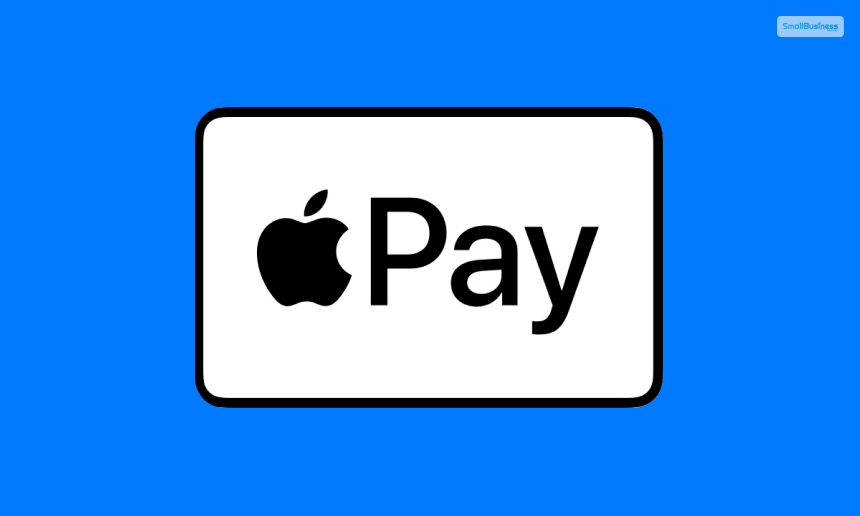Starting a small business can be an exciting challenge for an entrepreneur. But considering you’re just starting, you’ll probably only have a few employees under your wing, so most responsibilities for the business will likely end up in your hands.
Hiring an accountant will remove some of these responsibilities and help you manage your business finances more efficiently. If you find a good one, your company may even benefit from their knowledge and skills so it expands successfully.
If you’re still not convinced hiring an accountant is the right move for your small business, below are a few benefits they can do for your company’s growth:
1. Organize financial records
Receipts, invoices, income statements, and bank statements are a few of the important documents you should keep for accounting and tax purposes for your business. As your company grows, so do your financial records, so it’s a good idea to keep them organized when it’s still early to make them easier to keep track of.
But when you have an accountant, you won’t have to worry about keeping your documents in check since this is part of their responsibilities. They can also install accounting software to make it more efficient to keep each record organized. For your convenience, it also allows you to access your financial records online, so you can stay updated whenever or wherever you need.
2. Tax Compliance
If you’re not particularly excited about tax season, you no longer have to worry about filing and paying your business taxes when your accountant can take care of them.
Since they’re familiar with tax laws, they can also optimize which deductions and tax credits your small business qualifies for to help minimize your taxes. Employee wages and benefits, advertising and marketing, business vehicle expenses, depreciation, and insurance are a few tax breaks available for small businesses, so check the requirements to see which one your business can comply with.
3. Payroll accounting and processing

Managing a small business can keep a budding entrepreneur busy, so it’s easy for your employee payroll to slip your mind. To prevent payroll delays and errors, your accountant can set up a system to keep the monthly process smooth.
They can use your business’s accounting system to make it easier to keep track of your employee’s wages, benefit payments, and deductions. Since payroll deductions vary according to which state you’re in, automating the process helps you break down state income tax, federal income tax, social security tax, 401k retirement plans, and Medicare tax with ease.
The accounting system can also log in your employee’s work hours, making it more efficient to calculate and disburse their salaries.
4. Financial analysis and forecasts
Since your accountant has access to your financial records, they will be able to create a financial report that highlights trends and patterns to assess your business’s health.
From there, they can interpret financial information to estimate profitability and liquidity to help you make informed business decisions. If you’re ready to expand your company, your accountant can also prepare financial forecasts from your business’s financial data, market research, and assumptions to assess its potential.
If you’re thinking of making a big move, they can also develop a risk analysis to help you determine potential challenges you might face and help you prepare for them.
5. Budget plans
One of the challenges a small business can initially face is running out of finances to keep the operations from going. To help prevent this from happening to your company, it’s important to collaborate with your accountant to create a smart and realistic budget plan for your business.
This will help you manage your finances so you can afford essential business expenses while having to save for emergencies. This will also help you pinpoint which unnecessary costs you can minimize and spend them on other aspects instead.
6. Business advisory

If your accountant has extensive experience in your industry, they can advise you on how to manage your business. Since they have accumulated knowledge, they’ll know which strategy will work best for expanding your company.
Since businesses also contain several moving parts, your accountant can help determine which aspect to focus on first. They can also help you set up business and financial goals and give you tools to assess your progress.
If the business isn’t going too well, your accountant can also help you troubleshoot and come up with solutions to help minimize the cause of the problems.
Looking for a reliable accountant for your business?
If you’re ready to hire an accountant for your small business, Lear and Pannepacker can help connect you to one. They have a team of professional accountants with extensive experience in various industries. They also offer bookkeeping, auditing, budgeting, and financial planning services to help you manage your business finances. If you have questions or inquiries, you can contact their team now.
Read Also:




Leave A Comment